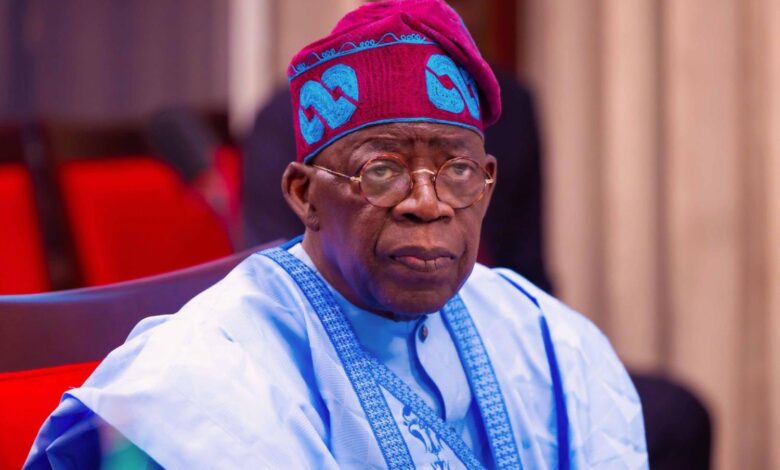President Bola Tinubu has proposed the names of five individuals for nomination as directors of the Central Bank of Nigeria (CBN) board. In a correspondence directed to Senate President Godswill Akpabio on February 13th, the submissions were formally presented for examination and endorsement by the Senate, adhering to the legal protocols.
The nominees, in compliance with the stipulated provisions of the Act governing the designation of CBN board members, encompass Robert Agbide, Ado Wanga, Muritala Sagaley, Urom Eke, and Olayinka Aliyu. Their selection mirrors a strategic tactic to ensure a diverse spectrum of expertise and experience within the CBN board, imperative for proficient governance and policy articulation in the nation’s monetary structure.
The nomination of these individuals underscores President Tinubu’s dedication to fortifying the leadership and governance architecture of the Central Bank of Nigeria. As a pivotal establishment tasked with monetary policy delineation, financial supervision, and currency administration, the CBN assumes a crucial role in fostering economic equilibrium and sustainable advancement.
Robert Agbide, Ado Wanga, Muritala Sagaley, Urom Eke, and Olayinka Aliyu bring a plethora of knowledge, competencies, and experiences from assorted domains to the CBN board. Their collective proficiency will contribute to informed decision-making, judicious risk management, and efficacious oversight of the nation’s monetary and financial system.
The nomination procedure serves as evidence of the government’s commitment to fostering transparency, accountability, and sound governance in the financial sector. By designating qualified and capable individuals to pivotal roles within regulatory bodies like the CBN, the government aims to bolster confidence in the country’s financial framework and invigorate investor reliance and engagement.
Upon endorsement by the Senate, the designated directors will assume their duties within the CBN board, where they will collaborate with other stakeholders to tackle emerging challenges and capitalize on opportunities to propel economic prosperity and financial inclusivity.
The appointment of directors to the CBN board epitomizes a calculated stride towards augmenting the institution’s capacity to efficiently discharge its mandate in alignment with national development imperatives and global best practices. It underscores the significance of nurturing a conducive regulatory milieu that fosters innovation, stability, and resilience in the financial sector.
As the Senate embarks on the scrutiny and ratification process, stakeholders anticipate a comprehensive evaluation of the nominees’ qualifications, integrity, and dedication to upholding the mandate and ethos of the Central Bank of Nigeria. The outcome of the ratification process will delineate the trajectory of monetary policy and financial oversight in Nigeria, exerting influence on economic dynamics and investor sentiment in the years ahead.




